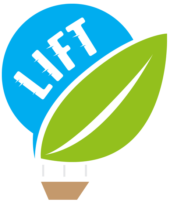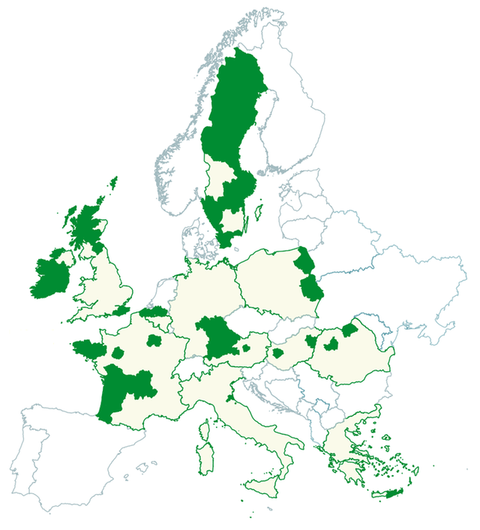
In this newsletter, we focus on the relationship between policy and agriculture. LIFT is an H2020 research project analysing the impact of policy on the adoption of sustainable practices in European farming.
1. Can you introduce LIFT in a few words?
LIFT (“Low-Input Farming and Territories – Integrating knowledge for improving ecosystem based farming”) is a research project funded under the Horizon 2020 programme and focusing on the development of ecological practices in European agriculture. LIFT aims at understanding how socio-economic and policy factors impact the adoption, performance and sustainability of ecological farming in Europe. Ecological practices are understood in LIFT as low-input practices and/or practices that are environmentally friendly. LIFT is carried out by 17 partners from 12 European countries and covers over 30 case study areas across Europe with active involvement of local stakeholders.
2. This newsletter issue focuses on policy impact and how it can help to promote a more sustainable agriculture. What is LIFT’ view on this subject?
LIFT aims at proposing innovative public and private measures to encourage the adoption of ecological approaches and enhance the performance and sustainability of ecological agriculture. LIFT findings so far show that policies have a strong role in encouraging farmers to adopt ecological practices, but that private arrangements in the supply chain can also be determinant.
3. How does LIFT contribute to understand how policy impacts farming?
One of the tasks of LIFT is to analyse legislation and political discourse about ecological farming. In addition, LIFT assesses how policies influence the adoption of ecological approaches and the performance and sustainability of ecological agriculture, at the farm, farm-group and territorial levels. LIFT findings so far show that agri-environmental measures are useful in encouraging farmers to adopt ecological practices, and that future eco-schemes of the Common Agricultural Policy (CAP) may help farmers maintain these practices.
4. LIFT and SmartAgriHubs share the same values and objectives. What are our common topics?
Both projects contribute to understanding how to help the European agricultural sector to become more sustainable, thus contributing to the targets of the European Green Deal and making quality changes in the long-term perspective in terms of climate-neutrality, protection of the environment and biodiversity, farm economic viability and regional development.
5. What opportunities do you see for (more) synergy between the projects?
LIFT findings highlight that specific farm-level data are needed to understand the uptake of ecological practices and their consequences for farms in terms of economic, environmental and social sustainability. However, the data, in particular data related to practices and environmental impacts, are not available at a wider scale. In the LIFT project, in order to gather quality primary data, 1,628 farms were surveyed across the studied European countries, collecting data for 3,429 common variables covering farm characteristics, plant and livestock production data, as well as information about the applied farming practices. Digitalisation of agriculture stressed upon in the SmartAgriHubs project may help fill the data availability gap and aid researchers to generate quicker and more substantiated recommendations, and thus support policy makers in their decisions and implementation of specific measures into regulatory documents.

This project has received funds from the European Union’s Horizon 2020 research and innovation programme under Grant Agreement No 770747
LIFT a glance

LIFT will maximise the impact of Coordination and Support Actions (CSAs) by valorising their outcomes and promoting the collaboration among them. This map showcases the different CSAs.